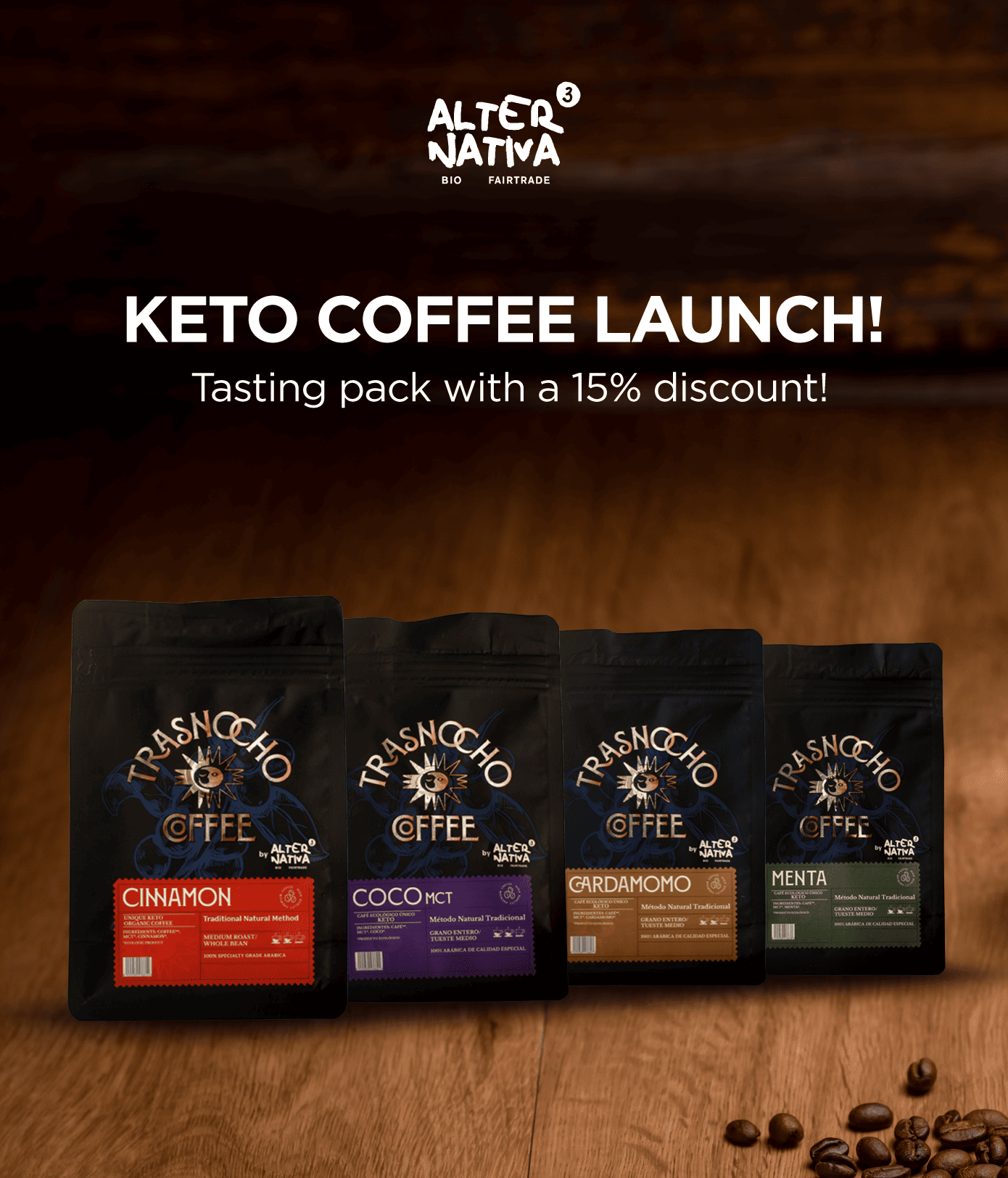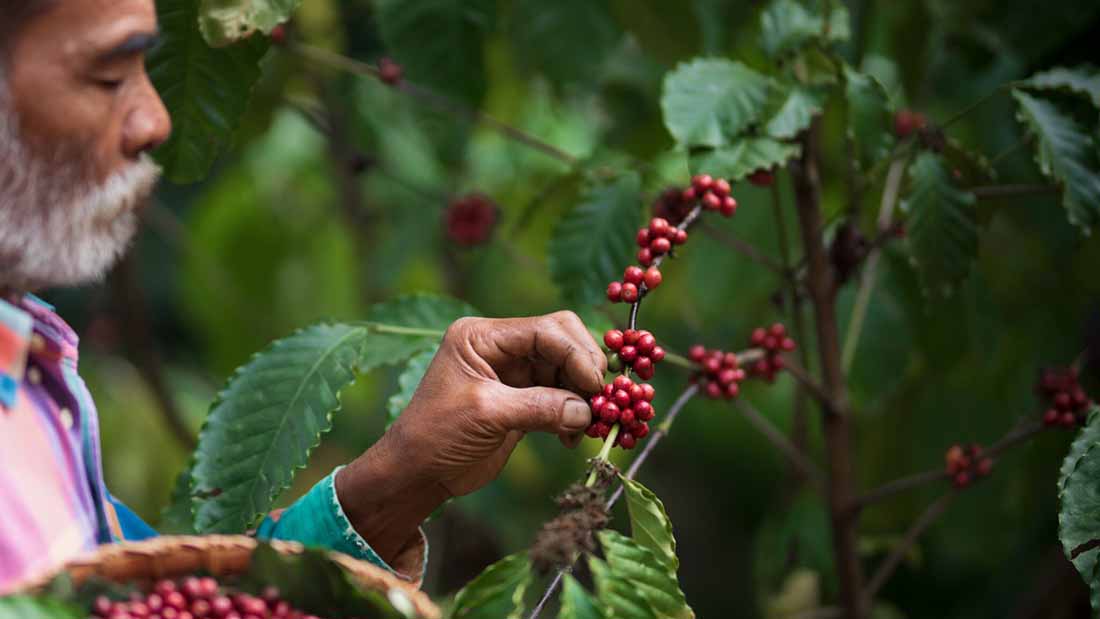Fair trade has been recognised by the UN as a crucial tool for achieving the Sustainable Development Goals (SDGs). This recognition, which is part of its Take Action Now campaign, is excellent news for us at AlterNativa3 and for everyone committed to this fairer and more equitable trade model.
Index
The global impact of more equitable trade
The fair trade is a system based on respect, transparency and dialogue.which seeks to ensure greater equity in international trade relations. This model prioritises social and environmental criteriaoffering better trading conditions for disadvantaged producers and workersespecially in the global South. In this way, we contribute not only to improving their living conditions, but also to protecting the environment.
How did fair trade come about?
The movement of the Fair trade originated in the 1940s and 1950s.The idea was born when craftswomen and producers faced difficulties in competing in the international market due to high intermediary margins. In response to this situation, the idea was born to create an alternative trading system that would guarantee a fair income, reduce dependence on middlemen and facilitate access to international markets.
This model has evolved and spread throughout the world, and today, more than four thousand specialised shops sell fair trade products. Foods such as coffee in the first place, or chocolate, have become one of the main sources of income for this system.
UN confirms the importance of fair trade in the global economy
This recognition by the UN took place in the framework of the Future Summit, which was held in New York from 20 to 23 September 2024. The summit highlighted actions that seek a more just, peaceful and sustainable world. The focus on responsible business practices was highlighted as a crucial tool for moving towards a fairer and more equitable economy.
The transformative power of responsible choices
The importance of partnerships between the private sector, civil society and governments to advance towards the SDGs was highlighted during the Future Summit. Fair trade was included as one of the key practices to promote economic equity, reinforcing its value on the international stage.
The Pact for the Future, which was signed during the summit, underlines the relevance of responsible practices in trade and production. As more companies join this model, the impact of fair trade will continue to grow, improving the livelihoods of millions of people around the world.
The role of fair trade in the SDGs
As part of the global responsible trade movement, we know that it is a key tool for achieving the Sustainable Development Goals. And beyond its strategic importance, this approach allows us to be part of a system that puts people and the planet at the centre of all decisions.
In particular, the eighth SDGwhich promotes an open and fair trading and financial systemThe report highlights the importance of developing global partnerships for development, with a special focus on the least favoured countries.
Over the years, with AlterNativa3, we have shown that fair trade is an effective way to combat poverty, reduce inequality and promote sustainable economic development, all while protecting natural resources and local cultures. In this sense, it is essential that consumers also play their part by choosing products that respect these principles.
Fair trade in Spain and its impact
In Spain, fair trade began to gain momentum in 1986, and since then, it has had a notable impact. Thanks to legislative initiatives such as the International Development Cooperation Act 1998 and the Master Plan for Spanish Cooperation 2005Fair trade has been recognised as an essential tool for development, supporting producer cooperatives and promoting education about this alternative consumption.
The role of AlterNativa3 in the fight for the SDGs
At AlterNative3 we are an active part of this movement in Spain, and we are proud to be part of it. working with cooperatives that guarantee fair working conditions and respect the environment.
We are deeply committed to fair trade and its values. All our products, from coffee to chocolate, are produced under strict ethical principles that respect both people and the environment. By choosing Fairtrade products, you contribute directly to the Sustainable Development Goals and support producer communities working for a fairer and more equitable world.


